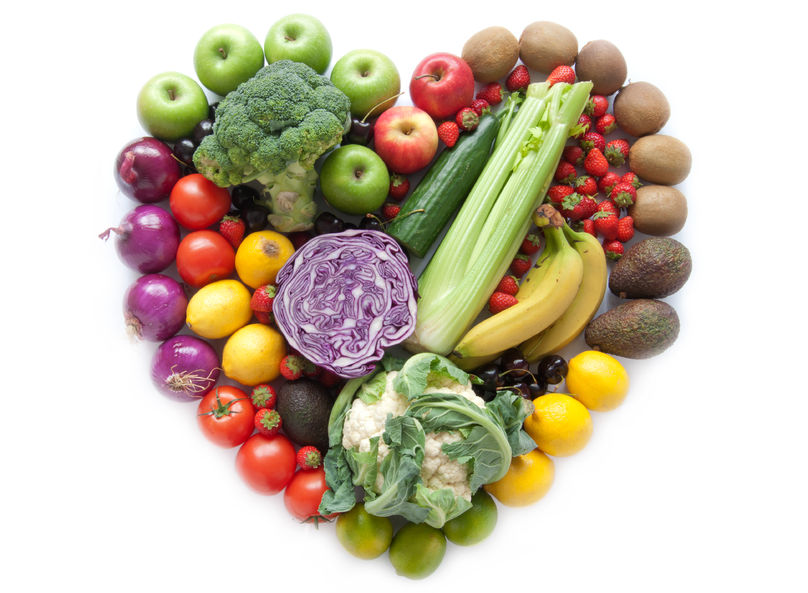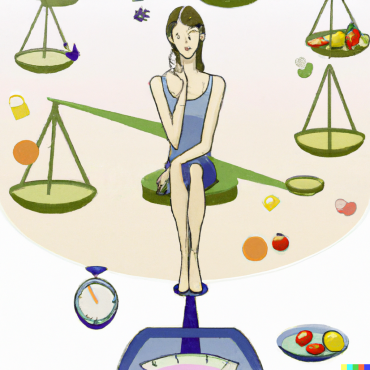A healthy heart, a healthy life! But when it comes to keeping our heart healthy, women somewhere lag behind compared to men! Torn in between the responsibilities of looking after kids, managing a house and working, women fail to take care of their health and thus also their heart! This is perhaps one of the main reasons why women are always on a higher risk of suffering from the various heart conditions that a human may suffer from. However, proper care and following a few tips can help women keep their heart healthy.
Here are a few tips that every woman should follow in order to take care of their health and keep their heart young and healthy always!
- Eat a healthy diet with fruits, vegetables, whole grains, and fat-free or low-fat milk and milk products. Choose foods low in saturated fats, cholesterol, salt (sodium), and added sugars
- Exercise regularly – 2 hours and 30 minutes (or 150 minutes total) of exercise each week. You can spread your activity out during the week and can break it up into smaller chunks of time during the day.
- Don’t smoke
- Limit alcohol use, which can lead to long-term health problems, including heart disease and cancer. If you do choose to drink, do so in moderation, which is no more than one drink a day for women. Do not drink at all if you are pregnant.
- Know your family history. There may be factors that could increase your risk of heart disease and stroke.

Keeping heart healthy in the 20s
- Start a Healthy Diet
The benefits of a healthy food diet will last a lifetime. Skip fried and fatty foods. Eat foods high in lean protein, whole grains, and produce (five to nine fruit and veggie servings a day)
- Do not smoke.
It increases the blood pressure and damages the heart and blood vessels.
- Keep a healthy weight.
Being overweight raises your cholesterol, glucose, and blood pressure levels.
- Exercise
Getting your heart rate up for 30 minutes each day helps in lowering BP and bad cholesterol levels. Do what’s fun for you — Gym, dancing, kickboxing, jogging.
- Reduce Sugar
Avoid artificial sugars, such as from Sports drinks, tomato sauce, and salad dressing is all sugary.
- Take a vacation.
If you are in a constantly stressful job, take at least two breaks a year to de-stress
In 30s
Metabolism slows down with age and beginning in our 30s, losing weight is often more challenging. But being overweight or obese increases the risk for chronic medical conditions, like diabetes, heart disease.
Eat a healthy diet, including plenty of vegetables, fruits, whole grains, lean protein and low- or non-fat dairy products. Essential vitamins, minerals and other nutrients, such as iron, folic acid, calcium, potassium, B vitamins, vitamin D, fibre and healthy omega-3 fats, can help ensure good health in our 30s and beyond.
Limit intake of processed foods and fast foods, take steps to reduce the amount of sodium (salt) in the diet and follow a doctor’s recommendations for taking vitamin and/or mineral supplements.
In 40’s
The risk of heart disease in women goes up with age, especially after menopause.
- Don’t smoke or quit smoking
- Lose weight or maintain a healthy body weight
- Exercise for more than 30 minutes three or more times per week
- Eat foods low in saturated fat and trans fat and high in fiber, like whole grains, legumes (such as beans and peas), fruits, vegetables, and fish
- Treat and control conditions like diabetes, high cholesterol, and high blood pressure
- The better night’s sleep, the healthier your heart. As women go through menopause, sometimes their sleep is affected, due to hot flashes and night sweats. Exercise, Avoid excess caffeine or stimulants, particularly before bed as they may keep you awake.
- For women over 40, it is recommended to go for regular health checkups once a year with a general practitioner.





















































Comments